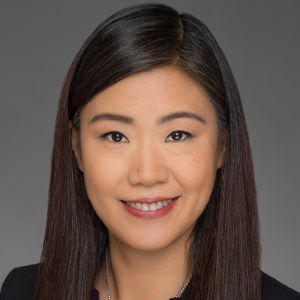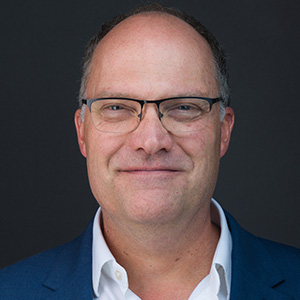
Shining lights on the cell
The cellular machinery is a remarkable system that is able to regulate myriad life processes with exquisite specificity by responding to a variety of environmental cues. This essential regulation is achieved through a network of highly dynamic signaling molecules that are regulated both spatially and temporally.
Inspired by nature’s fluorescent proteins and photosensors, biochemists have made tremendous advances toward developing new classes of genetically encoded protein tools to detect and control signaling activities with high spatiotemporal precision. With these new tools, new kinds of biochemistry, biology and cell biology are being discovered on a regular basis.
For the American Society for Biochemistry and Molecular Biology annual meeting, Discover BMB, in Seattle in March, we have assembled symposia featuring some of the top experts in these diverse fields who will discuss new tools for manipulating and visualizing the activity of enzymes and other classes of protein activity in living cells across a range of settings. As an example of the impact of these tools, we will highlight the emerging field of liquid–liquid phase separation as an organizing principle of cell signaling uniquely identified by advances in our ability to probe and control biomolecules in vitro and in cells.
Keywords: Optogenetics, fluorescent biosensors, protein engineering, phase separation.
Who should attend: Biochemists, cell biologists and protein engineers interested in novel protein-based tools to observe and control cellular behavior as well as new concepts in cellular organization that have emerged from use of these reagents.
Theme song: “Blinding Lights” by The Weeknd.
This session is powered by high-quality photons — from the UV to the infrared.
Speakers
Toolkit for native biochemistry: Sensors, actuators and computational tools
Kevin H. Gardner (chair), City University of New York Advanced Science Research Center
Klaus Hahn, University of North Carolina at Chapel Hill
Sabrina Spencer, University of Colorado Boulder
David van Valen, California Institute of Technology
Spatiotemporal control of cellular signaling
Jin Zhang (chair), University of California, San Diego
Mark von Zastrow, University of California, San Francisco
Lukasz Bugaj, University of Pennsylvania
Anton Bennett, Yale University
Liquid–liquid phase separation as a signaling paradigm
Christine Mayr (chair), Memorial Sloan Kettering Cancer Center
Zhijian "James" Chen, University of Texas Southwestern Medical Center
Sarah Veatch, University of Michigan
Shana Elbaum–Garfinkle, City University of New York Advanced Science Research Center
The complete list
Learn about all 11 symposia planned for Discover BMB 2023:- Protein Machines and Disorder
- Regulation of RNA
- Organelles, Mechanisms and Phase Properties of Cellular Quality Control
- Lipid Dynamics and Signals in Membrane and Protein Structure
- Frontiers in Carbohydrate Synthesis and Recognition
- Bias In, Bias Out in Data Science
- Cell Signaling — New Tools and Emerging Concepts
- Education and Professional Development
- Biochemistry of Elemental Cycling
- Advances in Organismal and Cellular Metabolism
- Artificial Intelligence and Machine Learning in Structural Biology, Drug Design and Systems Biology
Enjoy reading ASBMB Today?
Become a member to receive the print edition four times a year and the digital edition monthly.
Learn moreGet the latest from ASBMB Today
Enter your email address, and we’ll send you a weekly email with recent articles, interviews and more.
Latest in Science
Science highlights or most popular articles

Lipid-lowering therapies could help treat IBD
Genetic evidence shows that drugs that reduce cholesterol or triglyceride levels can either raise or lower inflammatory bowel disease risk by altering gut microbes and immune signaling.

Key regulator of cholesterol protects against Alzheimer’s disease
A new study identifies oxysterol-binding protein-related protein 6 as a central controller of brain cholesterol balance, with protective effects against Alzheimer’s-related neurodegeneration.

From humble beginnings to unlocking lysosomal secrets
Monther Abu–Remaileh will receive the ASBMB’s 2026 Walter A. Shaw Young Investigator Award in Lipid Research at the ASBMB Annual Meeting, March 7-10 in Washington, D.C.

Chemistry meets biology to thwart parasites
Margaret Phillips will receive the Alice and C. C. Wang Award in Molecular Parasitology at the ASBMB Annual Meeting, March 7-10 in Washington, D.C.

ASBMB announces 2026 JBC/Tabor awardees
The seven awardees are first authors of outstanding papers published in 2025 in the Journal of Biological Chemistry.

Missing lipid shrinks heart and lowers exercise capacity
Researchers uncovered the essential role of PLAAT1 in maintaining heart cardiolipin, mitochondrial function and energy metabolism, linking this enzyme to exercise capacity and potential cardiovascular disease pathways.


